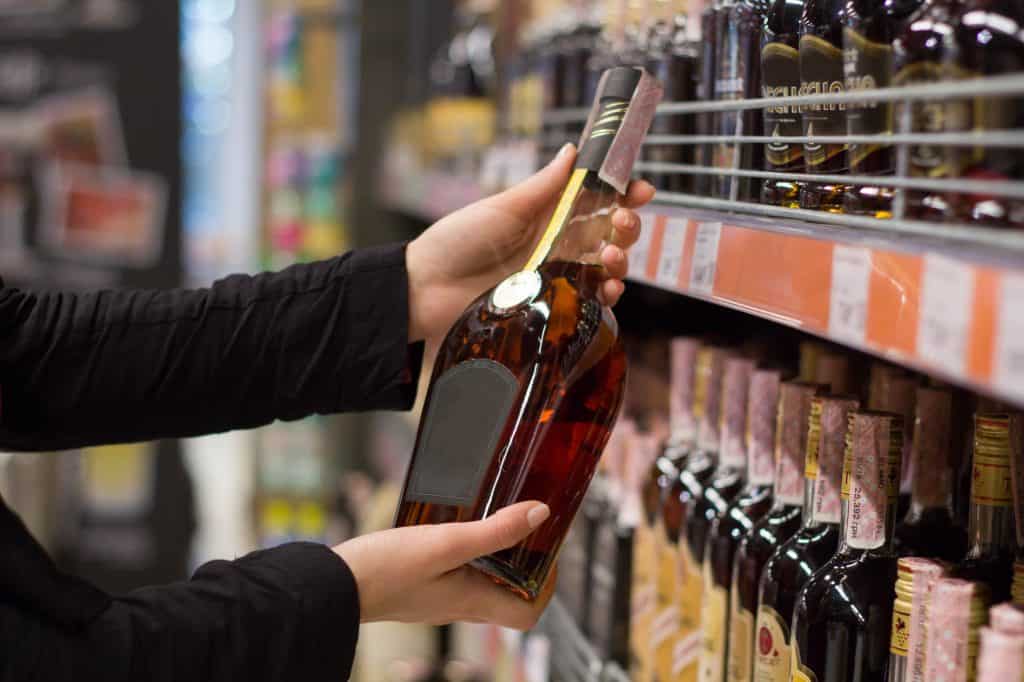In the United States, people can’t legally buy alcohol before the age of 21. Although there are many reasons why this is the legal drinking age, the main motive is that underage drinking is considered a major public health concern.
However, there are exceptions to this age rule. Read on to find out what exceptions there are to drink alcohol under the age of 21.
Nowadays, it is hard to want to be abstinent from alcohol considering how glorified drinking is in the media. However, it is important to understand the consequences that come with consuming alcohol at a young age.
If you are a teen looking to be fully informed about why you can’t buy alcohol yet, you’ve come to the right place. Keep reading to find out all you need to know about alcohol consumption.
Why must you be 21 years old to drink alcohol?
There are many reasons why things are the way they are, and that is why there is an age limit for a bunch of stuff such as getting a tattoo, renting a car, etc.
As far as drinking goes, the age limit has not always been 21. Before The National Minimum Drinking Age Act was passed in 1984, the drinking age in several states was 18, 19, or 20.
However, the limit changed because a lot of traffic accidents among young people were linked to drinking.
Although in short, this is pretty much the reason why 21 was set as the legal drinking age, there are actually many reasons why you should abstain from alcohol as a teen. Of course, traffic accidents are a big deal, but underage drinking is also linked to some serious health issues that you will want to avoid.
Why You Shouldn’t Drink or Buy Alcohol As a Teen
Drinking can come with a lot of consequences no matter your age. However, the legal drinking age was set to 21 years because alcohol can have serious effects on younger people. Research has shown that teens who drink alcohol regularly are more prone to the following situations:
For starters, underage drinking can increase your risk of being in a car accident, or suffer another major injury. In addition, it can also increase your risk of becoming a victim of a crime.
Although this is something that can occur no matter your age, research has shown that excessive drinking contributes to over 3,500 deaths per year amongst people under 21. Furthermore, when you consume alcohol as a teen, you increase your chances of becoming addicted to it later in life.
Teens who consume alcohol can also experience lower grades and higher absence rates at school. Because as a teen your brain is still developing, consuming a lot of alcohol during that period can do more harm than good.
As a teen, any changes to your brain development can have life-long consequences and effects. Consuming a lot of alcohol can lead to memory problems, and can even disrupt your normal growth and sexual development.
Socially drinking might seem innocent at first, but the legal drinking age was placed to protect you and other teens from these consequences. However, it is important to understand that learning how to drink responsibly is important no matter if you are past the legal drinking age.
What Are the Exceptions to the Legal Drinking Age?
Although it is better to abstain from drinking alcohol before the legal age, some states offer a few exceptions. However, despite the exceptions, alcohol can still have severe consequences, so drinking smartly and responsibly is extremely important on every and any occasion.
These are some exceptions to the legal drinking age in some states:
- Parental, spousal, or guardian consent
- Educational purposes
- Religious purposes
- Medical reasons (this usually just includes medications that include some traces of alcohol in them)
Even if these are considered exceptions, underage drinking is still a tricky and serious topic, so it is important to be very informed about what each state allows. Even if you are with a parent or guardian, consuming alcohol can still have the serious consequences previously mentioned.
Legal Consequences of Underage Drinking
Underage drinking is a very serious issue in the United States. Aside from having physical and mental effects on teens, some legal consequences come with drinking when you are underage. Under the law, minors cannot:
- Buy alcohol
- Drink alcohol
- Try to buy alcohol with a fake ID
- Drive under the influence
If you are caught violating any of these rules, you might be subject to some legal action. For example, you might get your driver’s license suspended, you might have to pay fines, do community service, take mandatory alcohol awareness classes, and in some cases even spend some time in jail.
In addition, the laws in some states also punish adults who serve alcohol to minors (usually unless they are a parent or guardian). Adults who buy or sell alcohol to/for a minor, lend their ID to a minor, or let minors consume alcohol in their property can be fined, arrested, or charged with a criminal offense.
Why You Should Always Be Informed
As a teen, it is easy to get caught up in trends and forget to question certain situations. When it comes to drinking, it is extremely important to stay informed to be safe and make the most educated decisions.
If you are under the age of 21, you legally can’t buy alcohol. Underage drinking comes with a lot of consequences, and knowing about all of them is key.
A lot of things come with age restrictions, and it is important to know what you can and can’t do, and the reasoning behind it. To learn all about age restrictions, make sure to check out all our content!

